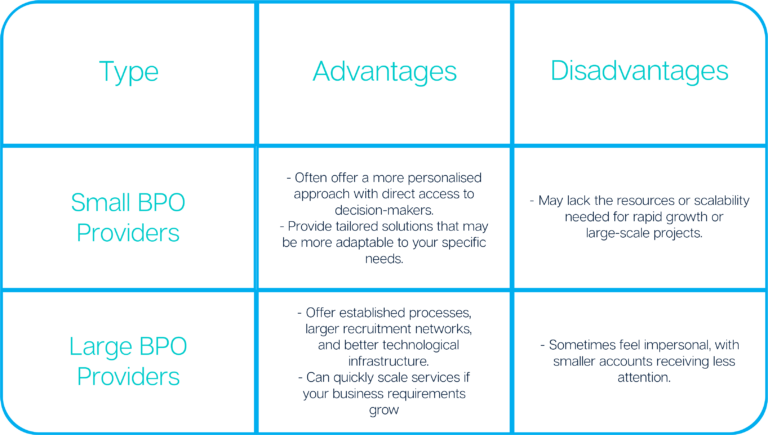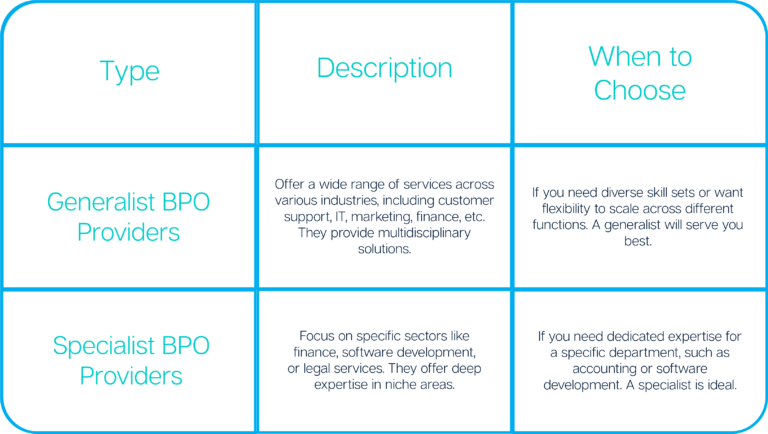How to Thrive in a Blended Team: A Candidate’s Guide to Offshore and Onshore Teamwork
Terrence Roice Ignacio
on
July 1, 2025
Working in blended offshore teams, where local and offshore professionals collaborate across time zones, is now a common part of global business. For Filipino candidates, this setup offers the chance to build long-term, international careers with meaningful impact.
Our candidates work directly with clients in Australia, UK, the United States and other countries. But succeeding in an offshore role takes more than just technical skills. It requires a mindset of collaboration, initiative and shared ownership. According to LinkedIn’s Global Talent Trends, blended teams are now a key part of modern business operations.
So, how do you stand out and thrive in this kind of team environment? Here are five practical strategies that help offshore professionals integrate, contribute and grow with confidence.
Want to make a strong first impression even before your first team meeting? You can check our blog on 10 Hiring Insights Every Candidate Should Know to learn how to stand out during the recruitment process.
1. Be Proactive in Communication and Clarify Often

In a blended offshore team, communication is not just about replying to messages. It is about actively building clarity and trust across borders.
That means:
- Giving regular updates without being asked
- Confirming task expectations
- Asking questions early instead of fixing things late
Tip: Use tools like Slack, Zoom or ClickUp to keep everyone in the loop. If something is unclear, speak up early.
Clients appreciate offshore team members who take ownership, not just orders.
2. Show Cultural Awareness and Curiosity In A Blended Offshore Team

Working with Australian clients? Expect a straightforward but respectful communication style. Be punctual, keep updates concise and don’t be afraid to raise concerns constructively.
Take the time to learn:
- Your client’s preferred way of communicating
- Any team rituals or weekly rhythms they follow
- The tone and formality they use in writing and meetings
Learn more about workplace expectations in Australian business culture to strengthen your client communication style.
At Staff Domain, clients often mention how much they value offshore team members who adjust their tone, timing and communication to match local team culture.
3. Join the Team Beyond the Tasks
Thriving in blended offshore teams means showing up fully, even if you’re remote.
This could look like:
- Joining virtual Friday drinks or trivia sessions
- Celebrating birthdays and work anniversaries
- Contributing to planning meetings, retrospectives or wrap-ups
Staff Domain hosts regular team-building and engagement activities to help offshore staff feel truly included.
Even small acts of participation go a long way. Team success starts with connection, not just task completion.
4. Build Trust Through Ownership and Accountability
Trust is the foundation of every successful blended team. You build it by being dependable, transparent and consistent.
That means:
- Meeting deadlines or flagging issues early
- Taking responsibility for your work
- Being honest when mistakes happen
Clients know that things won’t always go perfectly. What they care about is how you respond.
Use the STAR method (Situation, Task, Action, Result) to explain past work experiences clearly and build trust from the start.
5. You're Not Just Offshore, You're Part of the Team
When you join a blended offshore team, you are not just supporting the business from afar. You are part of it.
Your input matters. Your reliability builds momentum. And your role directly shapes outcomes.
We have seen Staff Domain employees:
- Get promoted by their offshore clients
- Lead entire functions or regional teams
- Train and onboard new local staff
It starts with the belief that you are not a background player. You are a key contributor.
Expert Tip from Our Team
“The most important thing you can do when working offshore is to communicate well. What’s critical, is finding your voice, being able to speak up, ask questions. No question is stupid, but asking the same question multiple times is – listen and learn to help build the team’s trust in your ability”
— Amy, Global Head of Recruitment, Staff Domain
Final Thoughts: Your Role in A Blended Offshore Team

Blended offshore teams are not a temporary trend. They are the future of work. For Filipino professionals who show up with the right mindset, they offer opportunity, growth and a pathway to global success.
Bring your skills. Bring your voice. And bring your commitment to being a true part of the team.
Want to make a strong first impression even before your first team meeting? Read our blog on 10 Hiring Insights Every Candidate Should Know to learn how to stand out during the recruitment process.
About Staff Domain
Staff Domain’s offshore outsourcing solutions connect your business to a highly experienced global talent pool for game-changing results. Manage your offshore workforce effortlessly with our comprehensive compliance, payroll, and HR support, and benefit from fixed, transparent pricing in your local currency. Contact us today or schedule a meeting with our sales team to quickly source the right offshore team for your business.



















